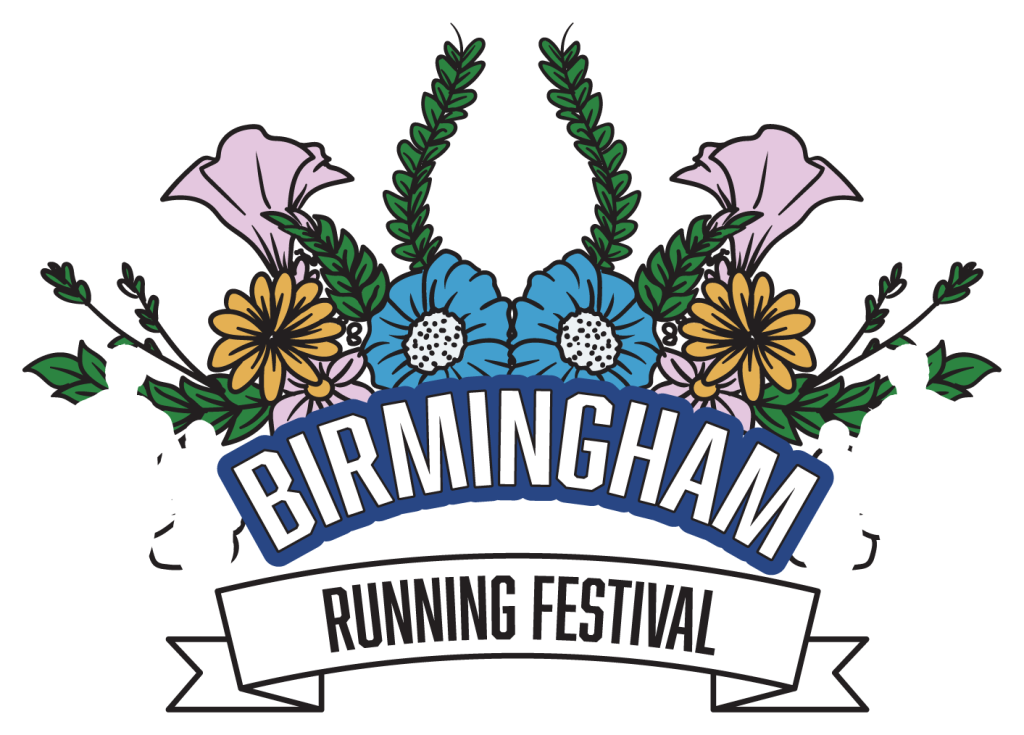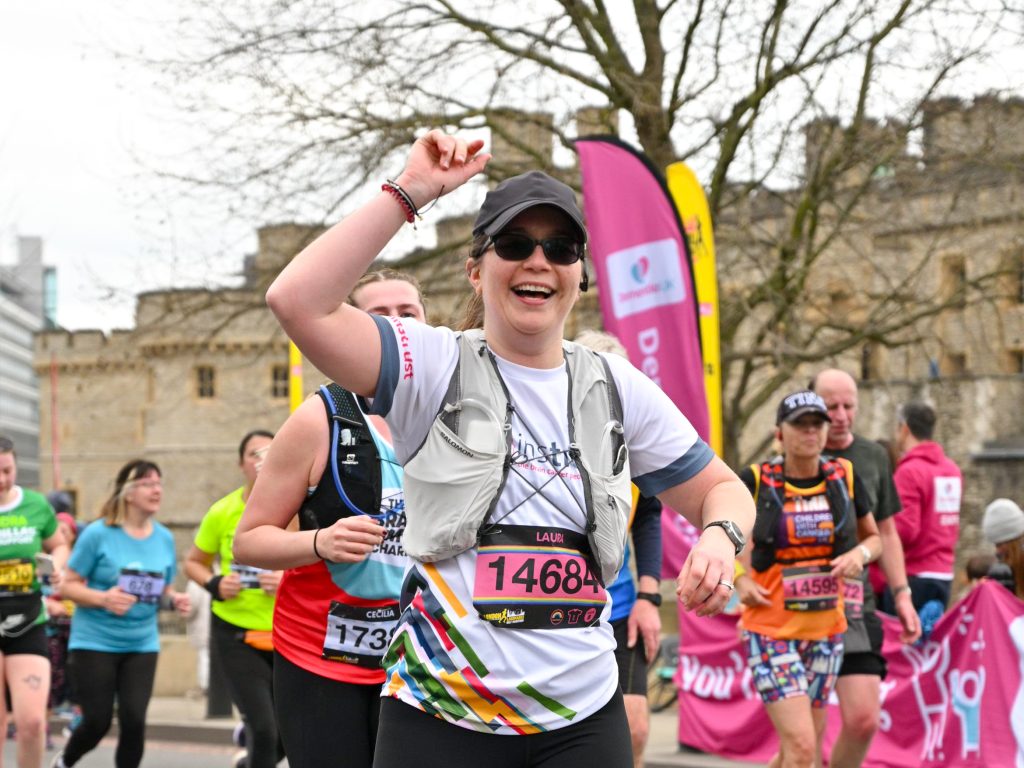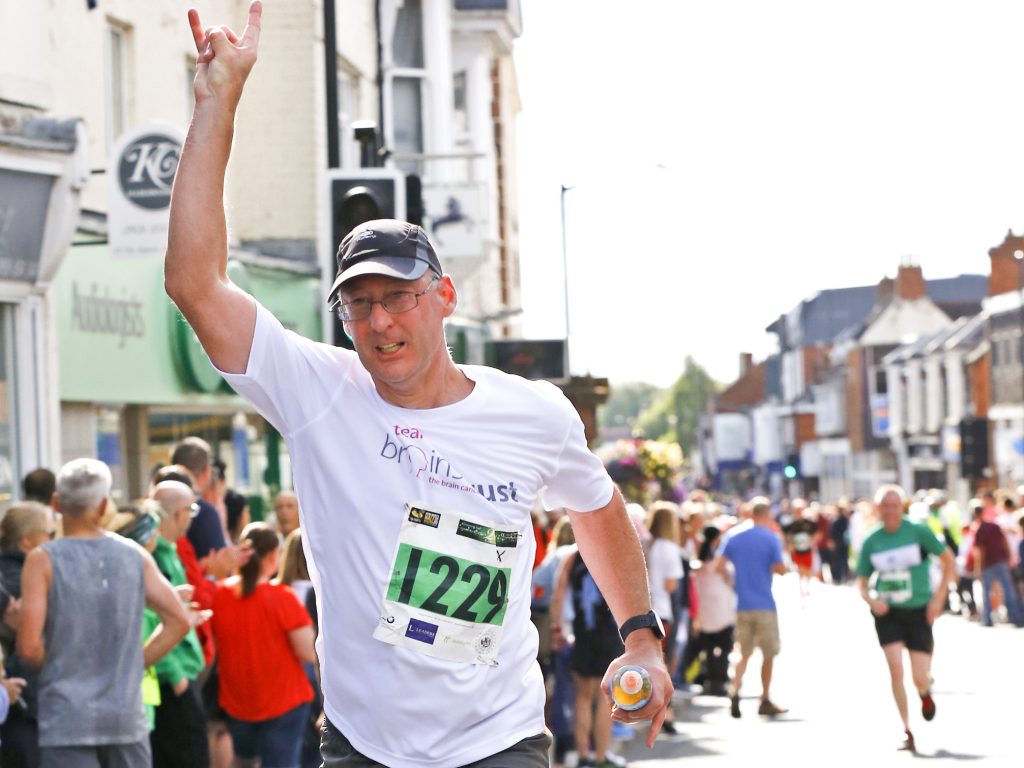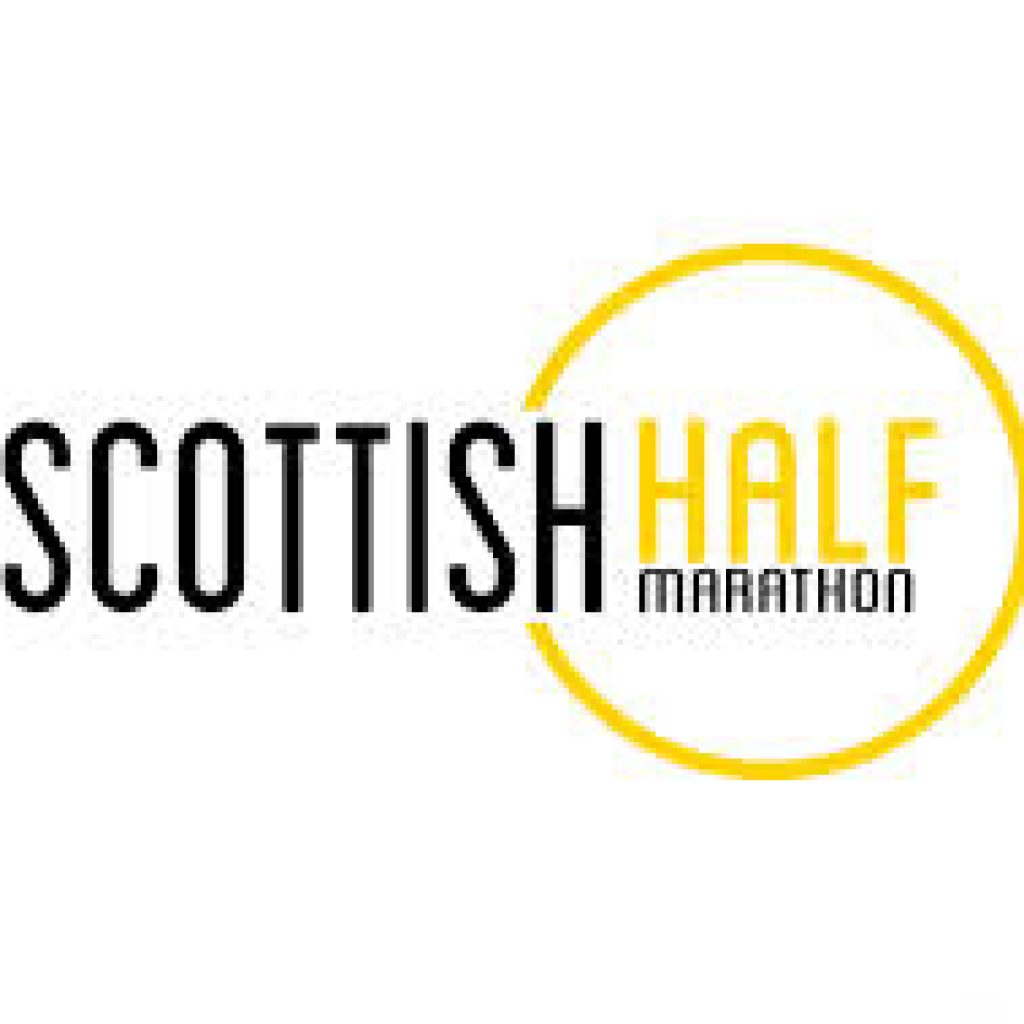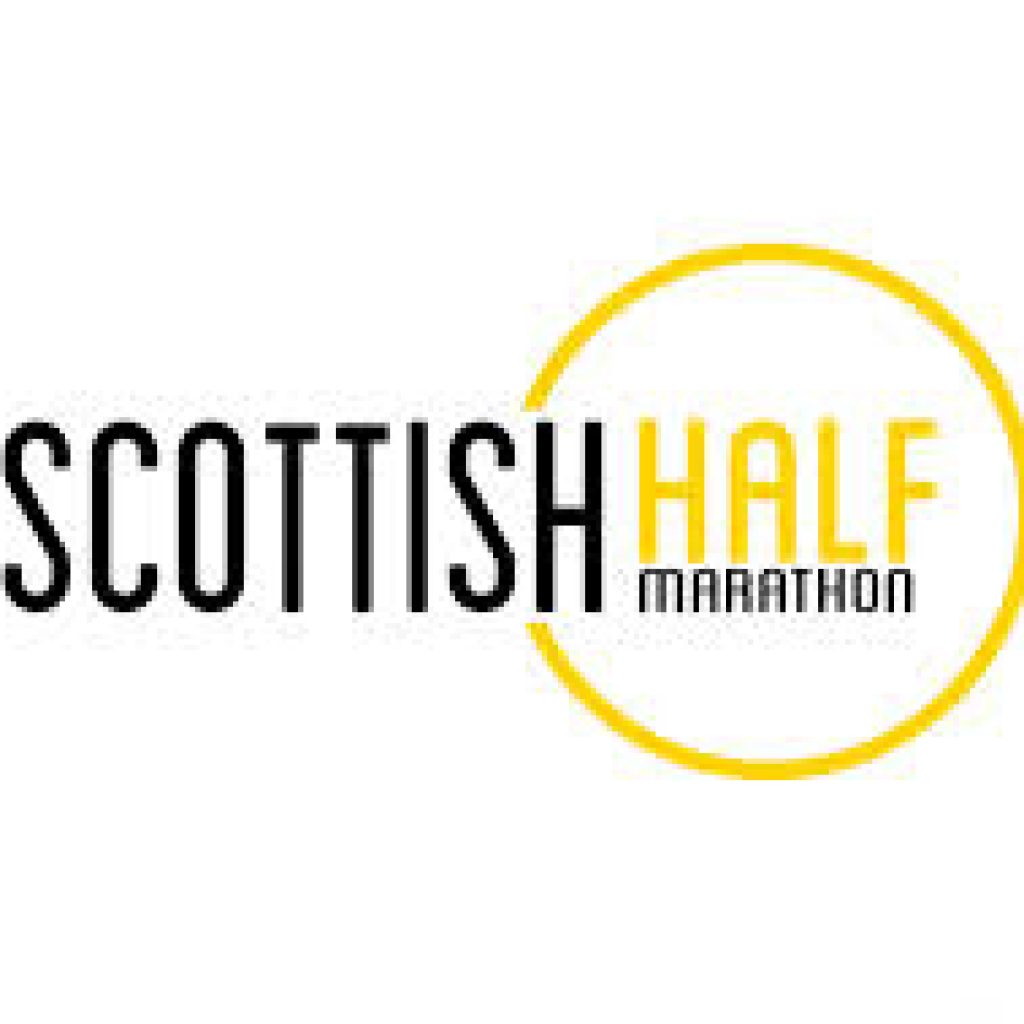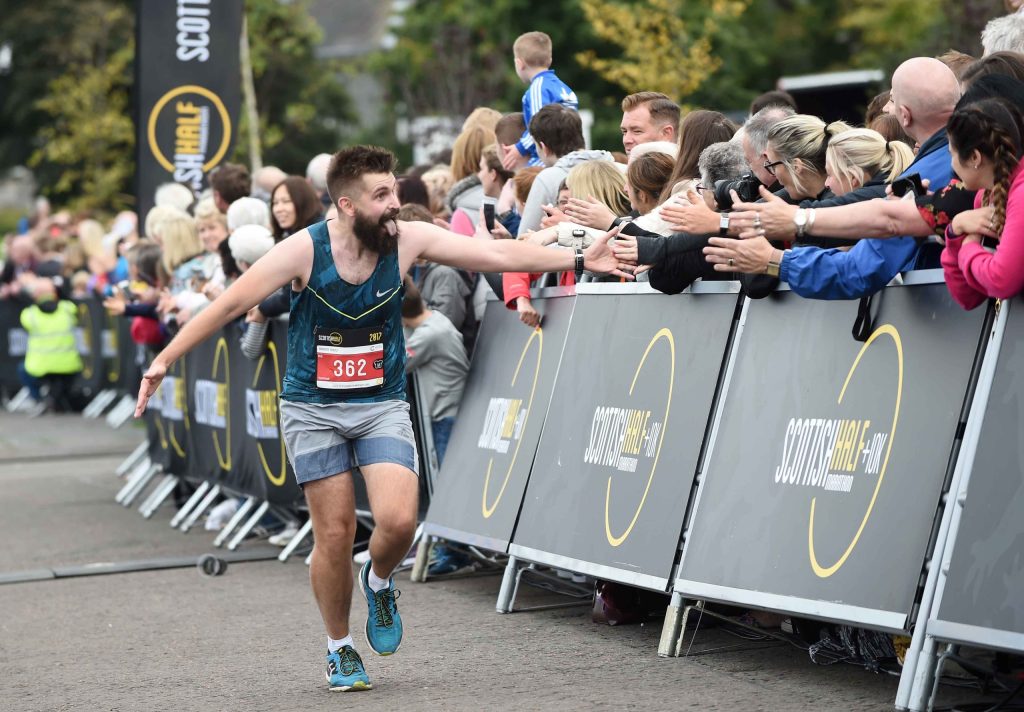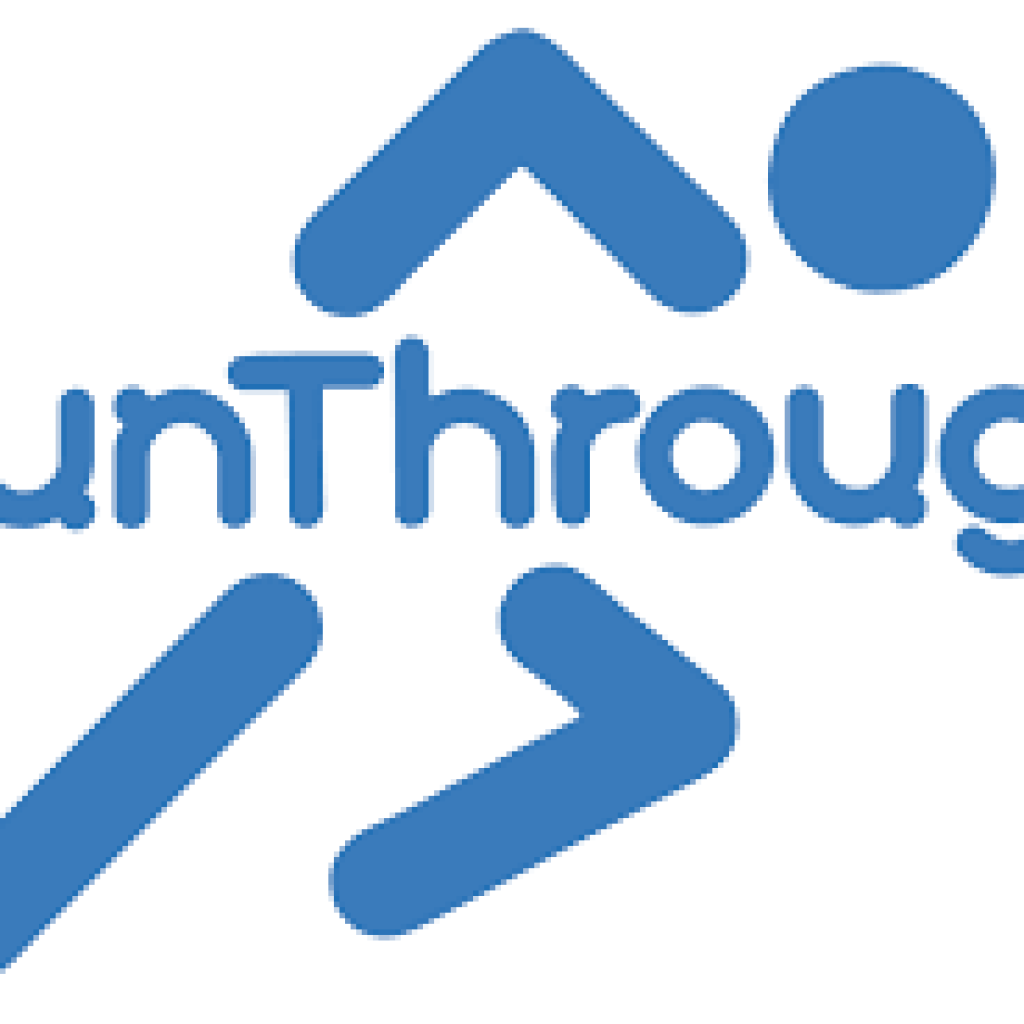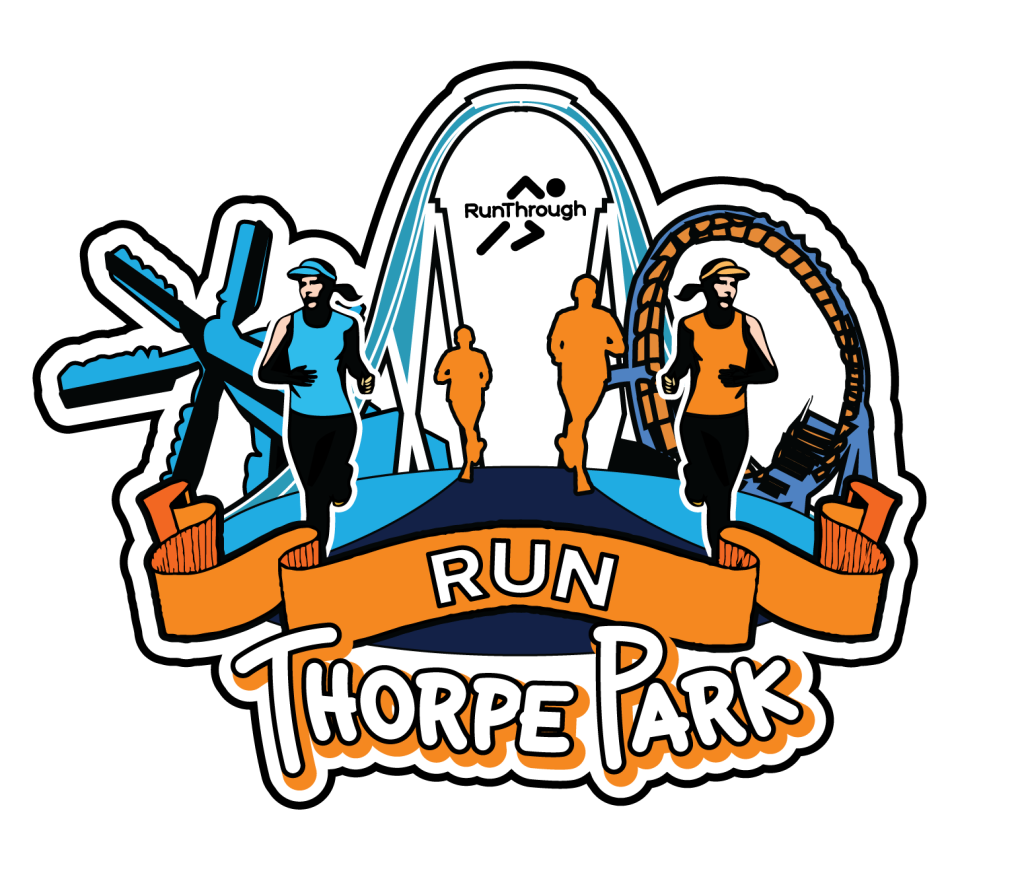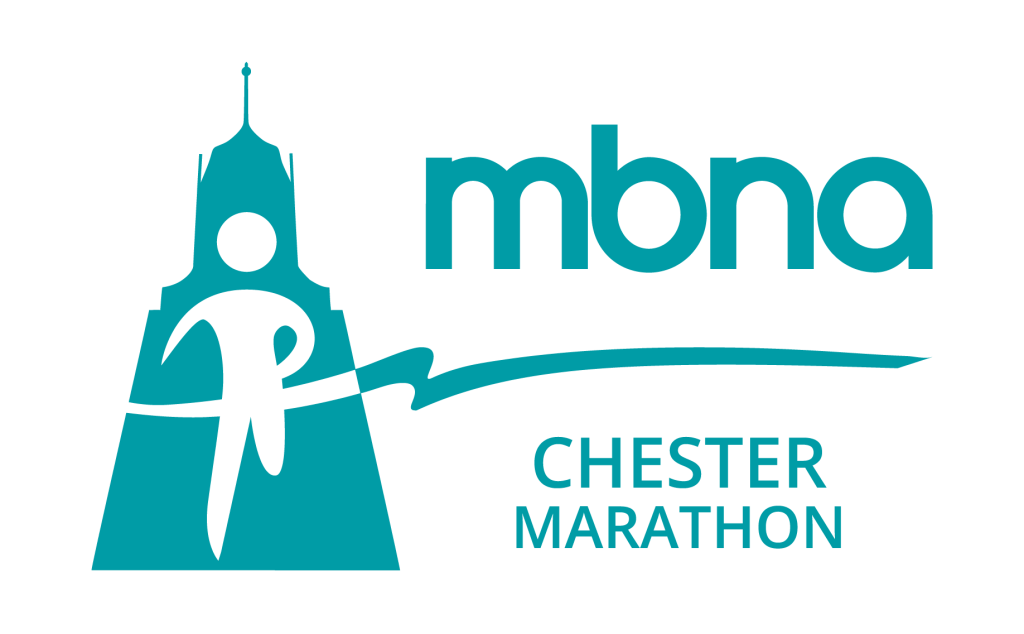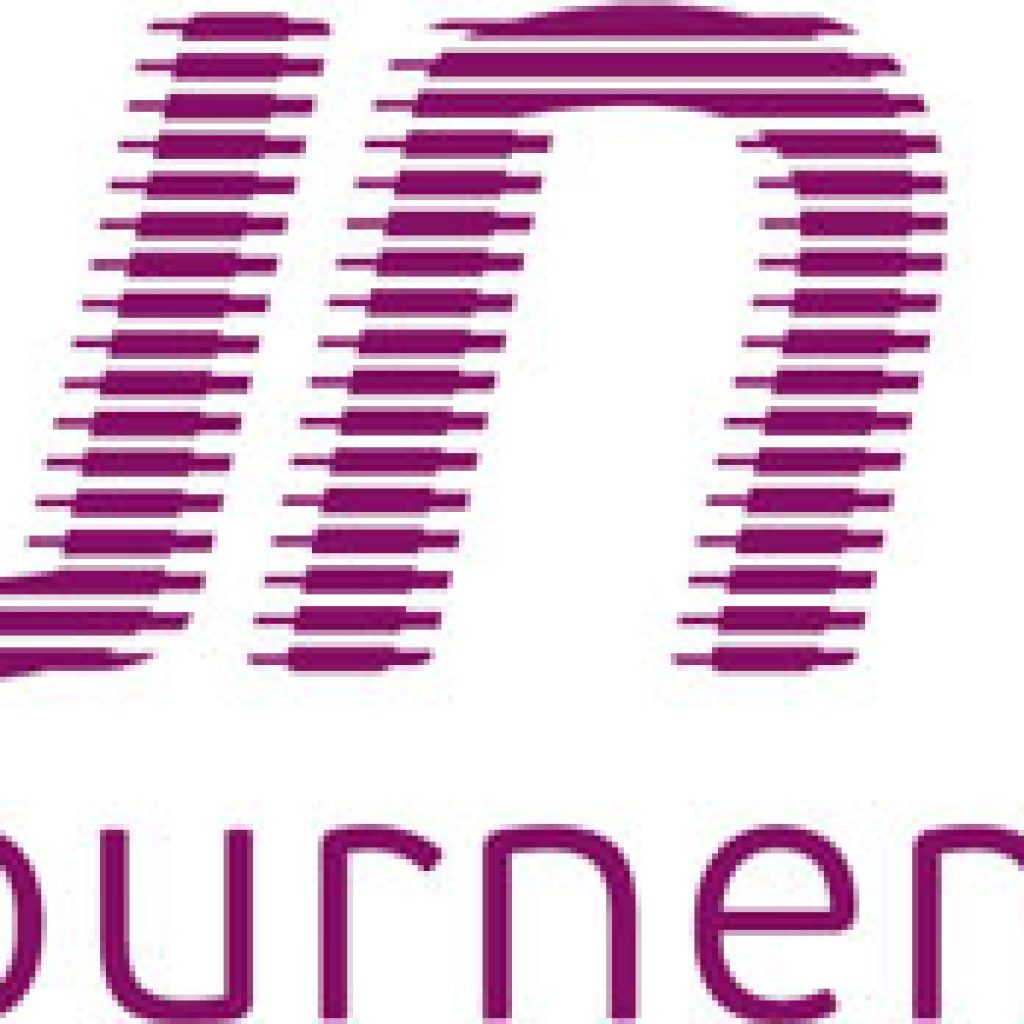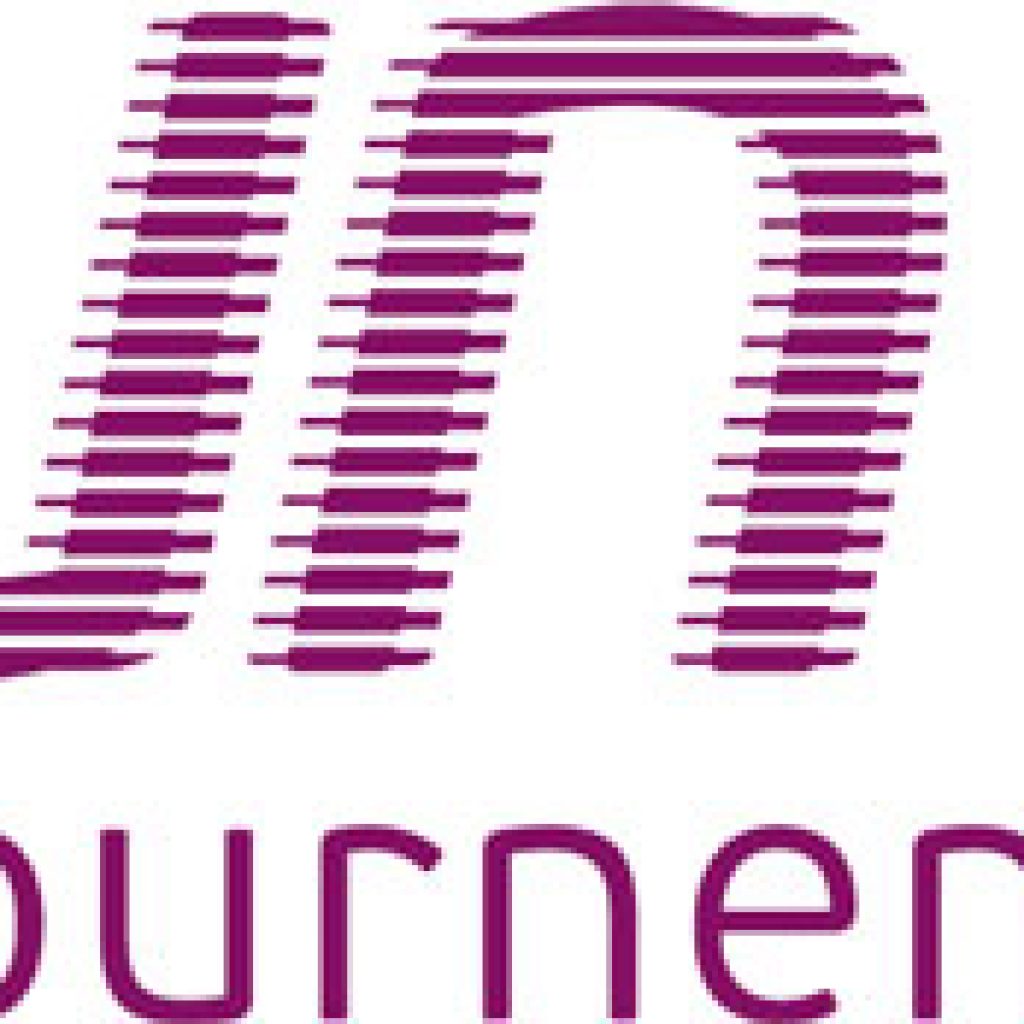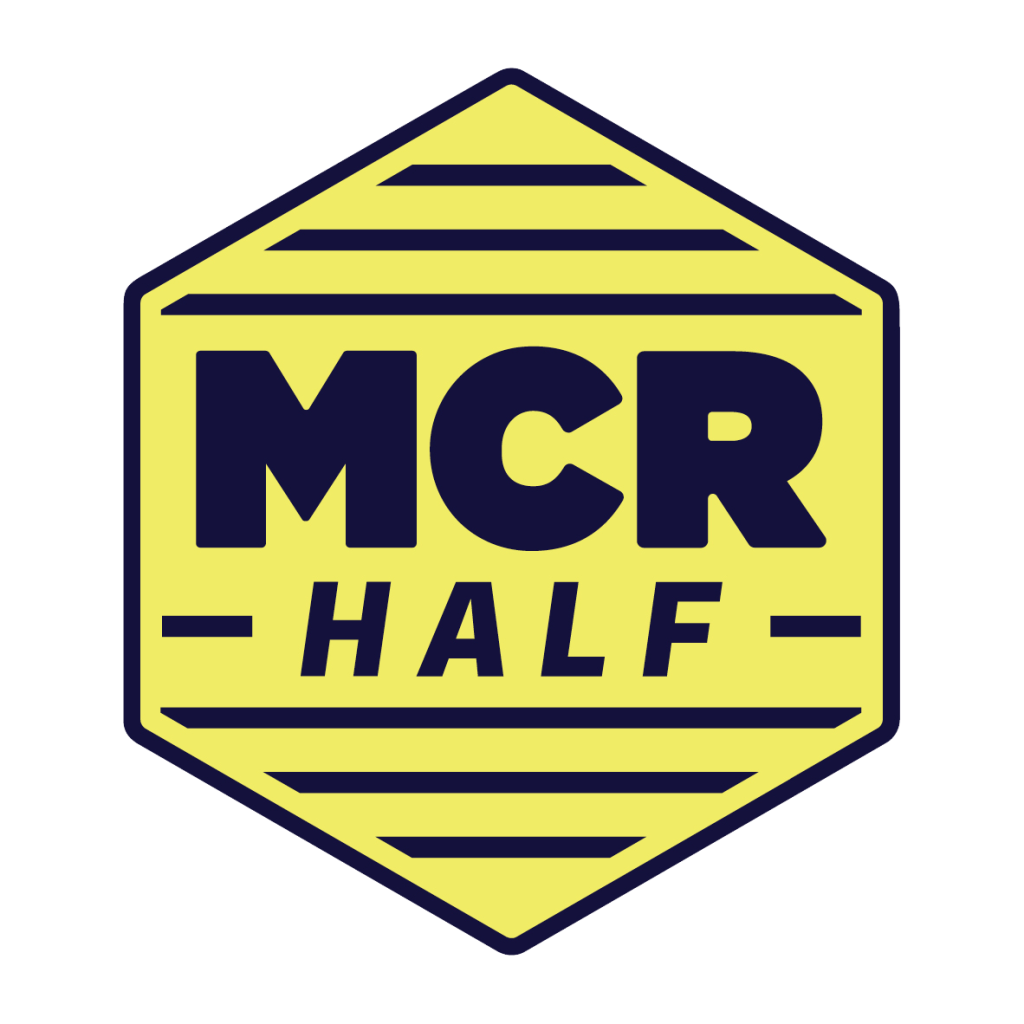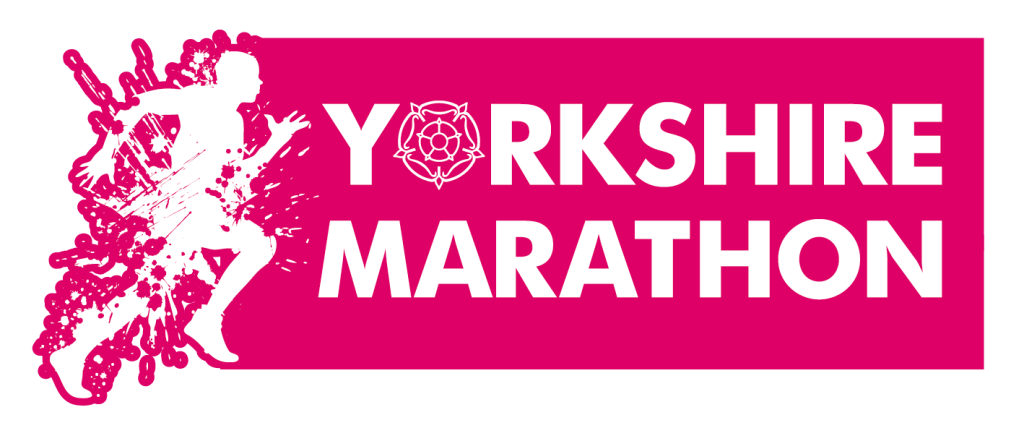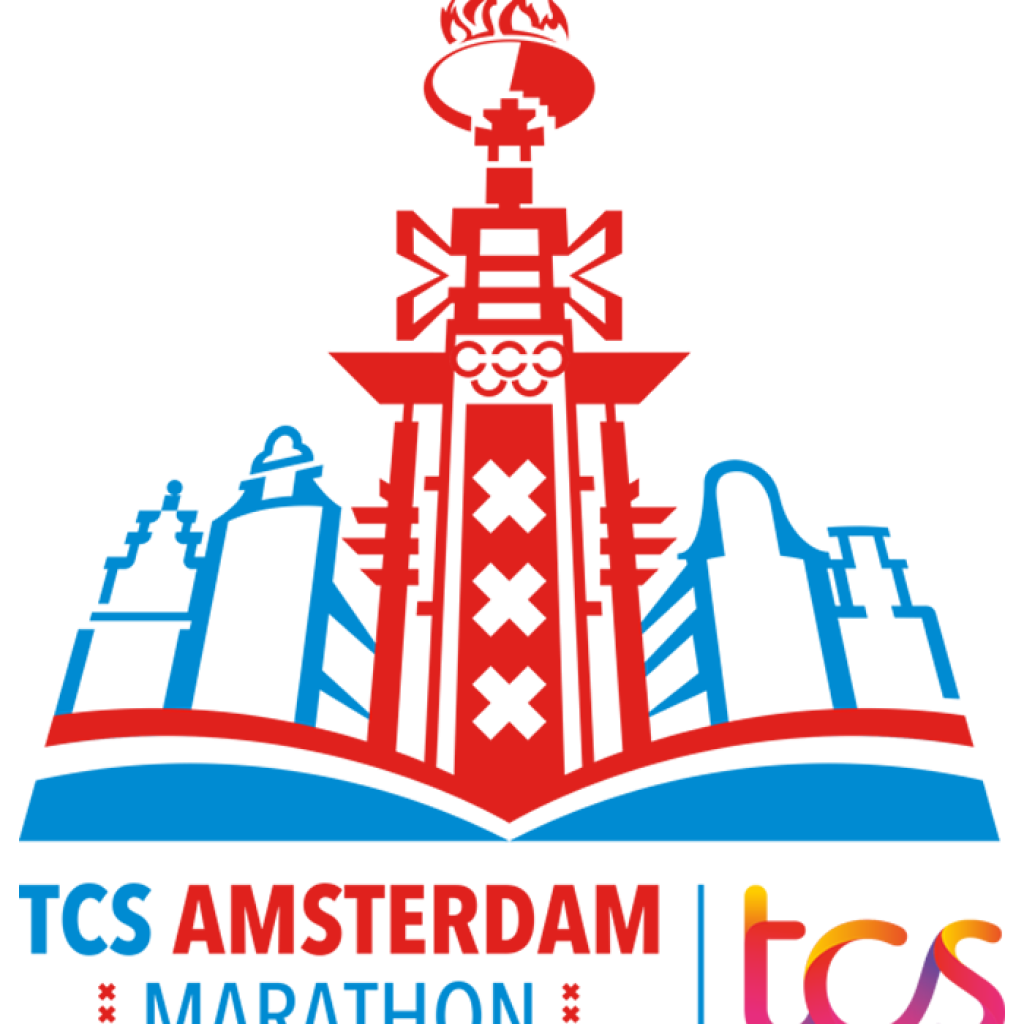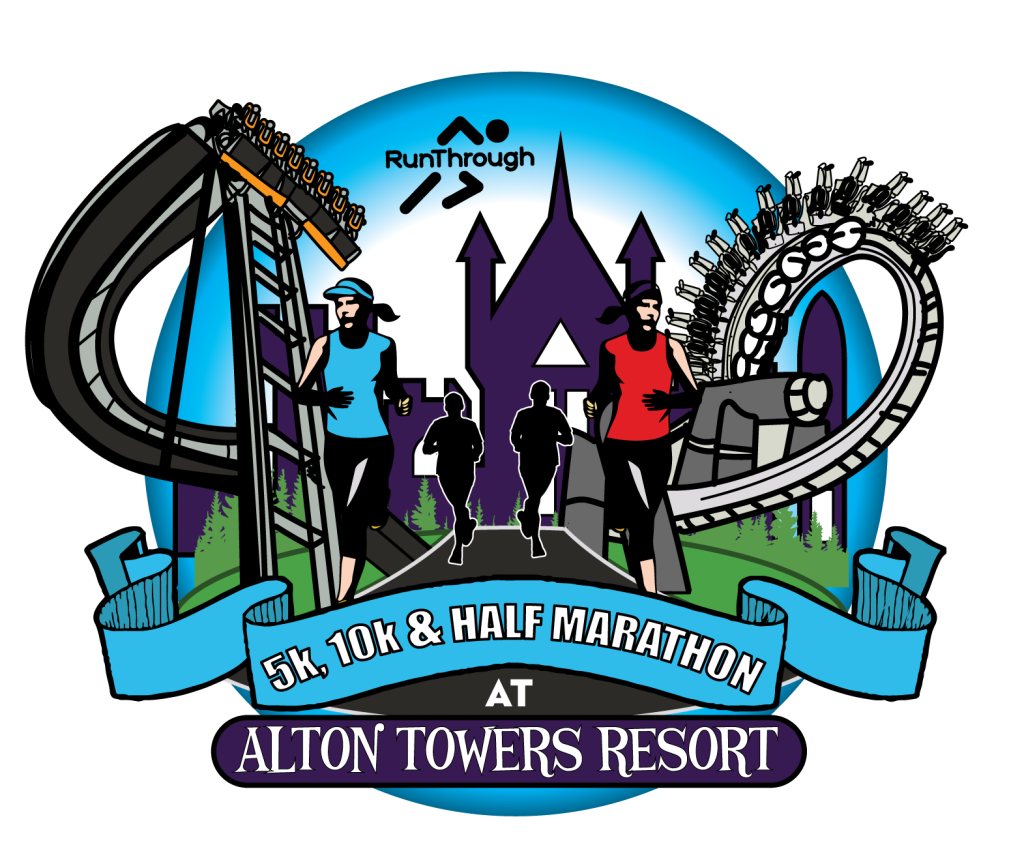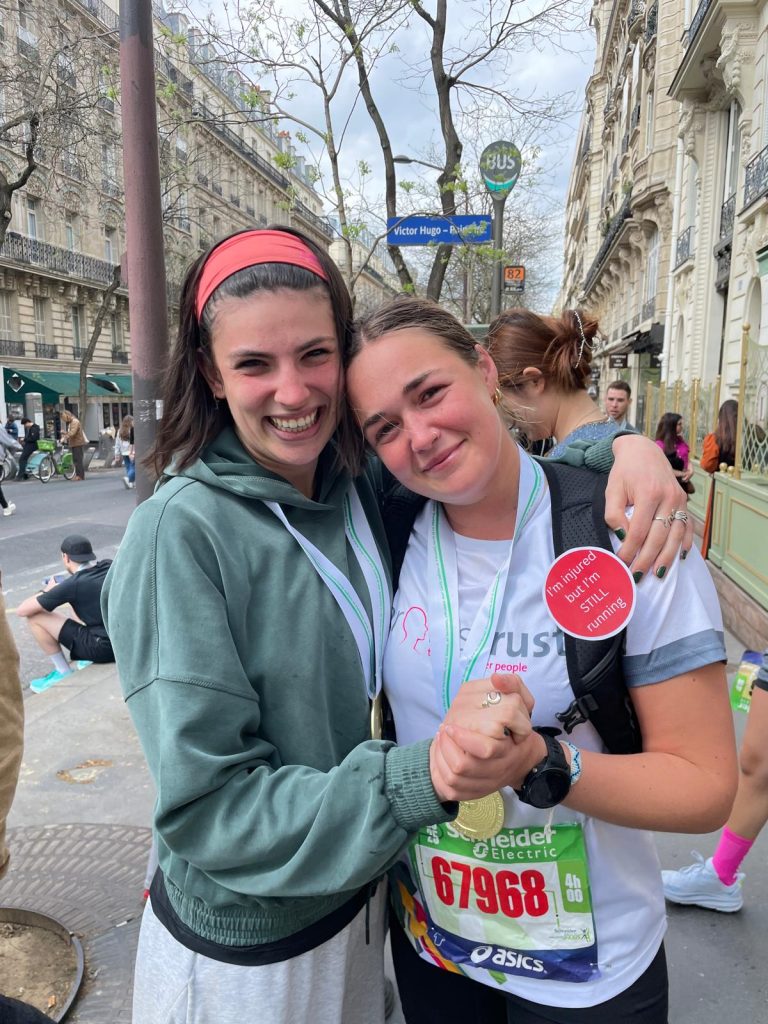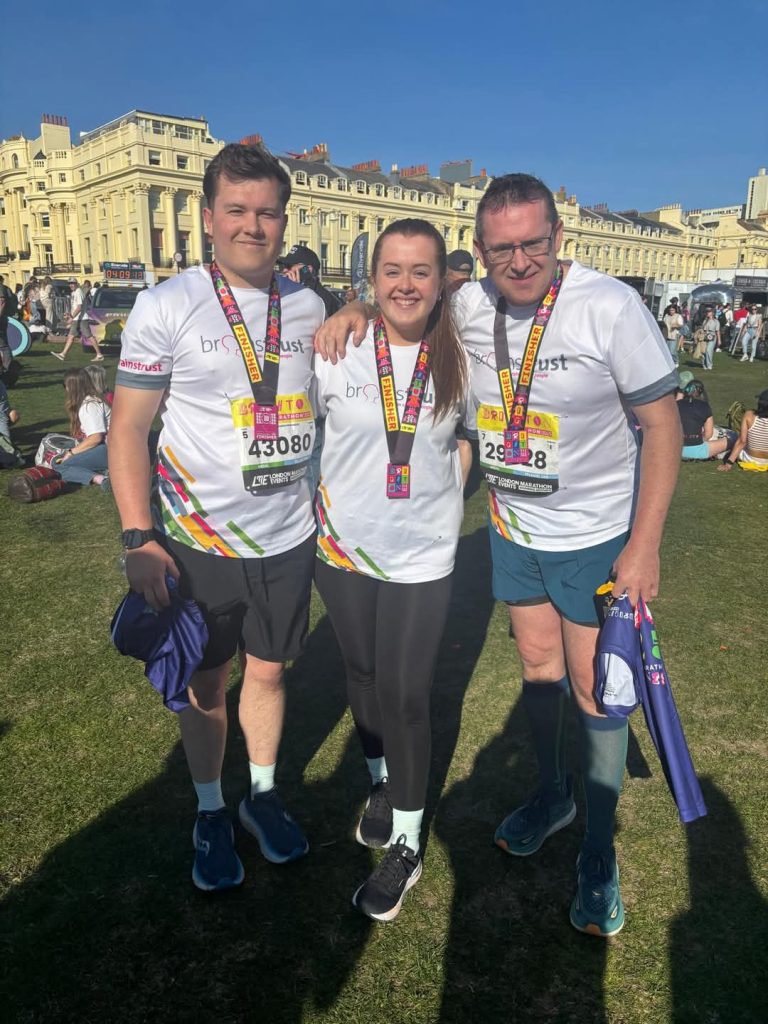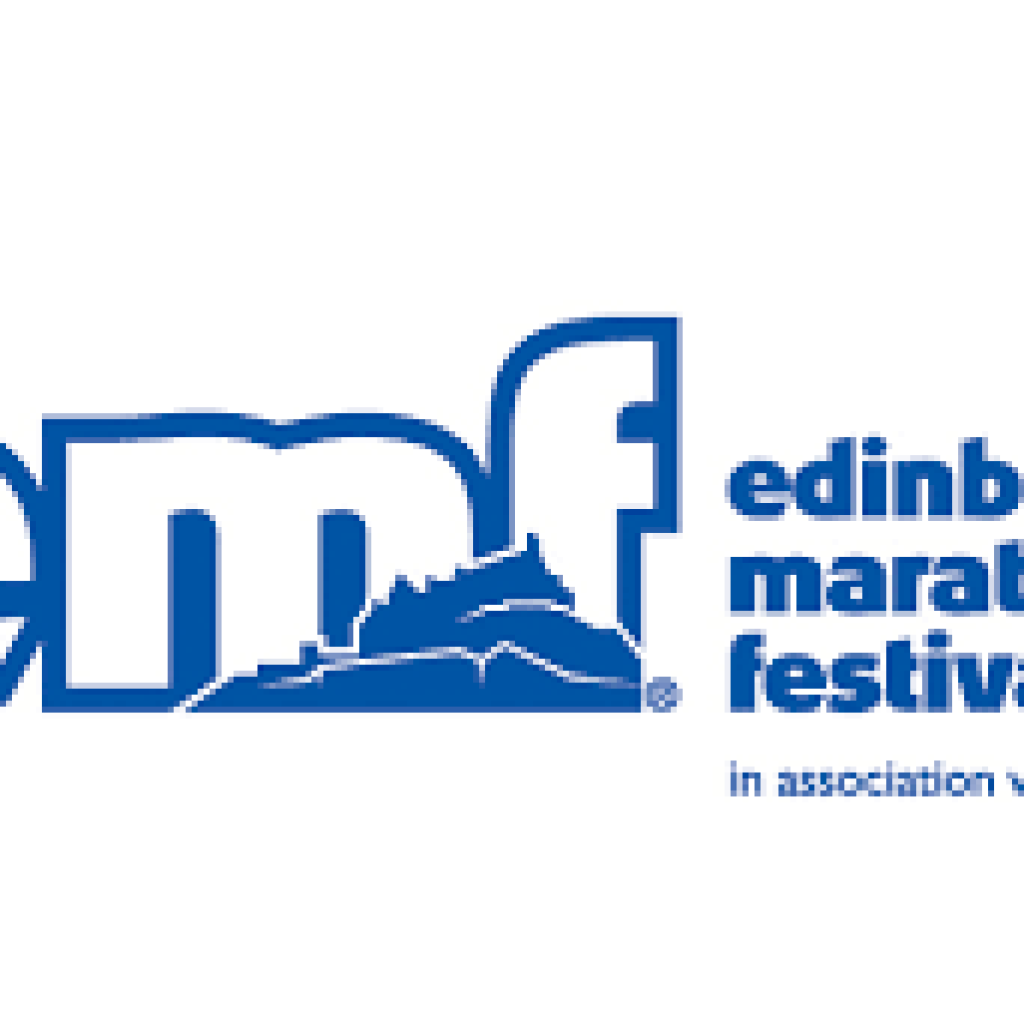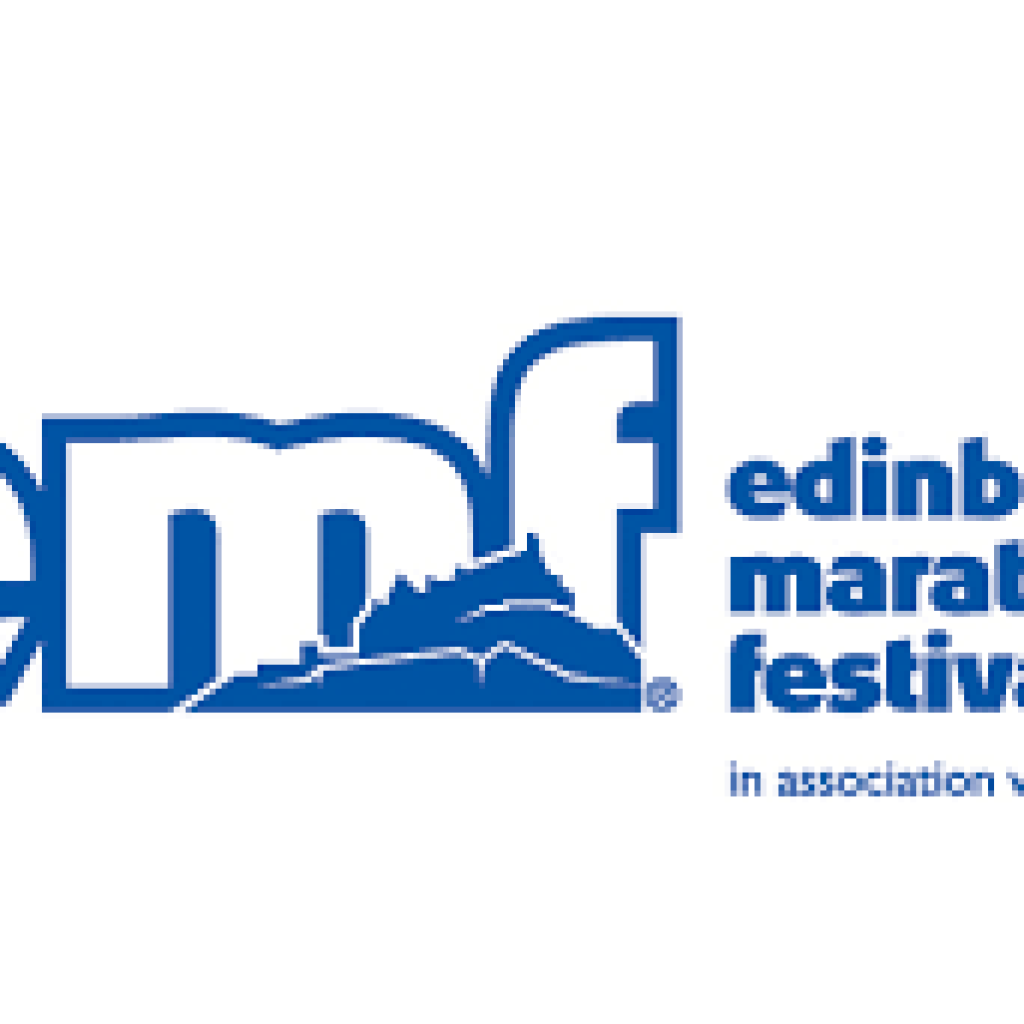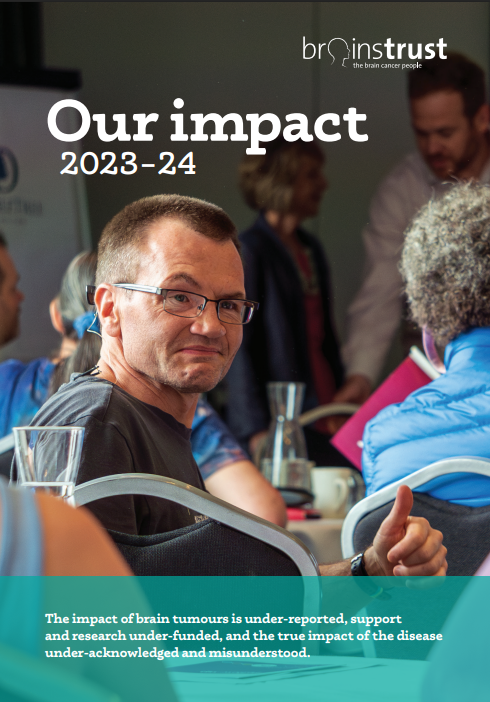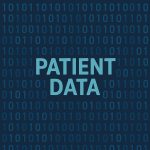brainstrust fundraising events
You can browse our calendar of upcoming fundraising events and campaigns. For the latest information about races and challenges, please keep in contact with event organisers or email fundraising@brainstrust.org.uk
Birmingham Running Festival 5k/10/Half – 2025
Join team brainstrust’s mission to help people with a brain tumour at one of the events at the Birmingham Running Festival. Join us for a unique opportunity to run a 5k, 10k or Half Marathon around the beautiful Sutton Park, a 2,400 acre National Nature Reserve in Birmingham. You can take on either of the […]
Hillsborough Castle Half Marathon 2025
Join team brainstrust’s mission to help people with a brain tumour at the Hillsborough Castle Half Marathon. These ROAD CLOSED races will start and finish within the beautiful Grounds of Hillsborough Castle, before heading out onto the surrounding rural roads of Hillsborough and taking in historic attractions in the local area such as Hillsborough Fort […]
Hillsborough Castle 10k 2025
Join team brainstrust’s mission to help people with a brain tumour at the Hillsborough Castle 10k. This ROAD CLOSED race will start and finish within the beautiful Grounds of Hillsborough Castle, before heading out onto the surrounding rural roads of Hillsborough and taking in historic attractions in the local area such as Hillsborough Fort and […]
York 10k
Join team brainstrust’s mission to help people with a brain tumour at this fast, flat, PB potential 10k. Running since 2009, the York 10k has been described as one of the country’s most beautiful city runs and Yorkshire’s most popular 10k. 5000 runners took part in 2024, will you join them in 2025? Closing date for registrations […]
Scottish Half 2025
Join team brainstrust’s mission to help those with a brain tumour at the Scottish Half 2025. Get ready for the ultimate running event, with the combination of flat roads and the most stunning views of the East Lothian Coast, what are you waiting for? The Scottish Half Marathon is seriously smooth & rapid – which is great […]
Leeds Running Festival – 10k / Half 2025
Join team brainstrust’s mission to help people with a brain tumour at the Leeds Running Festival. Join us for a unique opportunity to run a 10k or Half Marathon around Roundhay Park in Leeds, one of the biggest city parks in Europe. Each Mile will be accurately marked out and we have plenty of helpers to keep […]
Scottish Half Marathon 2025
Join team brainstrust’s mission to help people with a brain tumour at the Scottish Half Marathon. Get ready for the ultimate running event, with the combination of flat roads and the most stunning views of the East Lothian Coast, what are you waiting for? The Scottish Half Marathon is seriously smooth & rapid – which is great […]
Scottish 10k 2025
Join team brainstrust’s mission to help those with a brain tumour at the Scottish 10k. The Scottish 10K is the ultimate running experience combining fast, flat routes with a stunning view of East Lothian’s Golf Coast – come and be a part of it! The route is seriously flat & rapid – if you want to […]
Scottish 10k
Join team brainstrust’s mission to help people with a brain tumour at this seriously fast, flat and PB potential 10k. The race will start just outside Edinburgh and finishes at Musselburgh Racecourse, Scotland’s oldest racecourse.
Scottish Half Marathon
Join team brainstrust’s mission to help people with a brain tumour at this seriously flat and rapid half marathon. Starting just outside Edinburgh, you will run along the magnificent East Lothian Golf Coast before finishing in the final furlong at Musselburgh Racecourse, Scotland’s oldest racecourse.
Scottish 10k 2025
Join team brainstrust’s mission to help people with a brain tumour at the Scottish 10k. The Scottish 10K is the ultimate running experience combining fast, flat routes with a stunning view of East Lothian’s Golf Coast – come and be a part of it! The route is seriously flat & rapid – if you want to […]
Southampton Running Festival – 5k/10k/Half 2025
Join team brainstrust’s mission to help people with a brain tumour at the Southampton Running Festival. Choose between the 5k, 10k or Half Marathon distance. Join us for the first Southampton Running Festival beginning and ending in the picturesque Southampton Common. It’s the perfect route for a PB featuring woodland, grassland, ponds, wetlands, lakes and parkland […]
Run Thorpe Park 5km 2025
Join team brainstrust’s mission to help people with a brain tumour at the ‘fun for all the family’ Run Thorpe Park 5km challenge around the rides and rollercoasters inside the fantastic THORPE PARK Resort and be first in line to enjoy everything the Resort has to offer. Following the race, you will be able to make […]
Run Thorpe Park 10k 2025
Join team brainstrust’s mission to help people with a brain tumour at the Run Thorpe Park 10k. Run a 10k around the rides and rollercoasters inside the fantastic THORPE PARK Resort and be first in line to enjoy everything the Resort has to offer. Following the race, you will be able to make full use […]
Ipswich Half Marathon
Join team brainstrust’s mission to help all people with a brain tumour at the Ipswich Half. The race will start and finish at Portman Road Stadium – home to Ipswich Town FC. You will see runners heading down Duke Street, through Ipswich Waterfront and then along Cliff Lane. Continuing around the River Orwell, you will head to […]
Sheffield 10k 2025
Join team brainstrust’s mission to help all those with a brain tumour at the Sheffield 10k. Staged in partnership with Sheffield City Council, the Asda Foundation Sheffield 10K is set right in the heart of South Yorkshire’s famous Steel City. A fantastic atmosphere is always generated by the enthusiastic local support. Thousands took part last yearand it’s […]
Robin Hood Half Marathon 2025
Join team brainstrust’s mission to help people with a brain tumour at this well established half marathon event which is being held for the 45th time in 2025. This one loop half marathon course now attracts over 9,000 runners. The Robin Hood Half Marathon is one of the longest established and most popular city centre road events […]
MBNA Chester Marathon 2025
Join brainstrust’s mission to help people with brain tumours at the MBNA Chester Marathon. Get involved in the award-winning marathon set in the historic Roman Medieval destination, the great city of Chester. The event organisers pride themselves on being runners themselves and have designed a route that spans the largely flat stunning city as well as […]
Bournemouth Half Marathon
Join team brainstrust’s mission to help people with a brain tumour at Bournemouth Half Marathon. Breathtaking views of the sea, cool coastal routes and the highlights of Poole and Bournemouth will be on show at this fantastic Half Marathon event. The kind folk of the south coast will be proud to welcome you to their beautiful part […]
Bournemouth Supersonic 10k 2025
Join team brainstrust’s mission to help people with a brain tumour at the Bournemouth Supersonic 10k. Running in the supersonic 10k will provide you with a glimpse of running the way it should be, along coastlines with the backdrop of the stunning sea. The Bournemouth Marathon Festival hosts the supersonic 10k and also brings many other distances […]
Manchester Half Marathon 2025
Join team brainstrust’s mission to help people with a brain tumour at the sell out Manchester Half Marathon. This inaugural half marathon sees runners take on generous, closed roads across the towns of Old Trafford, Stretford & Brooklands, with the promise of great support and an abundance of entertainment en route. The Manchester Half Marathon hosts […]
Yorkshire Marathon
Join team brainstrust’s mission to help people with a bran tumour at The Yorkshire Marathon in October. The Yorkshire Marathon has been a monster success since day one. In many ways, it’s the jewel in White Rose County’s sporting crown. We like to think every element of The Yorkshire Marathon is charged with Yorkshire Spirit. Since the […]
Amsterdam Half Marathon
Join team brainstrust’s mission to help people with a brain tumour at one of Europe’s most scenic and beautiful Half Marathons. The flat and fast course is packed with scenery as you run through Vondelpark & Rijksmuseum, following the Amsel River, you will be sure to see many canals and windmills but whatever you do, do not […]
Run Alton Towers 2025
Join team brainstrust’s mission to help people with a brain tumour at the fun for all the family Run Alton Towers event. Choose between the 5km, 10km or Half Marathon distance. Not only do all finishers get a fantastic medal but entry to the park is also included as part of your race entry fee. So […]
Santa in the City 5k (Wed)
Join brainstrust’s mission to help those with a brain tumour at Santa in the City 5km 2025. Your Santa Run will begin at 7:00 pm the 4.5km route starting in Paternoster Square just by the majestic St Paul’s Cathedral. You will then run along the North bank where there will be fantastic river views, before crossing […]
Santa in the City 5km (Thursday)
Join brainstrust’s mission to help people with a brain tumour at the Santa in the City 5km. Our Santa Run will begin at 7:00 pm the 4.5km route starting in Paternoster Square just by the majestic St Paul’s Cathedral. You will then run along the North bank where there will be fantastic river views, before crossing […]
Santa in the City 5km 2025 Tunbridge Wells (Saturday)
Join team brainstrust’s mission to help those with a brain tumour at the Santa in The City Tunbridge Wells 5km. Starting at Grosvenor & Hilbert Park, run the 3km festive fun run on 06 December 2025 at 3pm. Santa in the City is the perfect way to get you, your friends, and your family into the Tunbridge […]
Paris Half Marathon 2026
Join team brainstrust’s mission to help people with a brain tumour at the Paris Half Marathon. The Paris Half Marathon is one of the best overseas half marathons for UK runners to take part in! The World famous fashion capital ups the ante when it comes to running for charity. A vibrant atmosphere as you […]
Cambridge Half Marathon 2026
Join team brainstrust as we take on the 2026 Cambridge Half Marathon for people with a brain tumour. This flat and fast course starts and finishes on Victoria Avenue in the centre of Cambridge with Midsummer Common as the event site. The route has been updated for 2025 and will now take you through the private grounds […]
London Landmarks Half Marathon 2026
Join team brainstrust’s mission to help all people with a brain tumour at the London Landmarks Half Marathon 2026. This hugely popular half marathon takes in the iconic Westminster Bridge and Charing Cross Road, up past Leicester Square and China Town. Adding even more world famous cultural landmarks to the route, and taking you to […]
Paris Marathon 2026
Join team brainstrust’s mission to help people with a brain tumour at the world famous Paris Marathon. The Schneider Electric Marathon de Paris is now one of the biggest marathons in the world and perfectly combines a personal challenge with the chance to discover one of the world’s greatest cities. Race day will see you […]
Brighton Marathon 2026
Join Team brainstrust as we take on the iconic Brighton Marathon for people living with a brain tumour diagnosis. The UK’s third largest marathon, not to mention most picturesque, will return on Sunday 12 April 2026! The fast and beautiful 26.2-mile course starts at Preston Park, and into Withdean before turning back down the London […]
Manchester Marathon 2026
Join team brainstrust’s mission to help people with a brain tumour at the fourth largest marathon in Europe. This is also the flattest major marathon with great PB potential. As with every year all finishers will get a funky medal and other goodies! Deadline for entries is 3rd November 2025 so reserve your place today.
Hackney Half Marathon
Join team brainstrust’s mission to help people with a brain tumour at this fast, flat, PB potential half marathon. The Hackney Half sells out every year and is renowned for its festival atmosphere and fantastic crowd support. There will be entertainment stations along the route and a festival village for you to enjoy post race. Registration closes […]
Essar Chester Half Marathon 2026
Join team brainstrust’s mission to help people with a brain tumour at the Essar Chester Half Marathon 2026. The Chester Half is one of the UK’s longest established and most highly regarded half marathons, starting and finishing in the historic Roman/Medieval international destination city of Chester. The fast and largely flat city and rural race route will […]
Edinburgh 10k – Edinburgh Running Festival 2026
Join team brainstrust’s mission to help people with a brain tumour at the Edinburgh 10k 2026 Come and be part of Scotland’s BIGGEST running festival! This ever-growing festival of running is now a major event in the Scottish sporting calendar. Starting in Edinburgh, the course heads out through East Lothian offering stunning views and an […]
Edinburgh 5k – Edinburgh Marathon Festival 2026
Join team brainstrust’s mission to help people with a brain tumour at the Edinburgh 5k 2026. Come and be part of Scotland’s BIGGEST running festival! This ever-growing festival of running is now a major event in the Scottish sporting calendar. Starting in Edinburgh, the course heads out through East Lothian offering stunning views and an unforgettable running […]
Edinburgh Marathon 2026
Join team brainstrust’s mission to help people with a brain tumour at the Edinburgh Marathon. The marathon route is one of the fastest in the UK making that elusive personal best a distinct possibility! Edinburgh Marathon joined the world’s elite road races in 2012 by becoming the first marathon in Scotland to be officially recognised […]
Edinburgh Half Marathon 2026
Join brainstrust’s mission to help people with a brain tumour at the Edinburgh Half Marathon 2026. Come and be part of Scotland’s BIGGEST running festival! This ever-growing festival of running is now a major event in the Scottish sporting calendar. Starting in Edinburgh, the course heads out through East Lothian offering stunning views and an unforgettable running […]

